Opinion: EcoPrint/Highcon Sustainability Survey
The recent FuturePrint-Highcon industry survey on Sustainability shines a spotlight on just how much confusion is out there, and how much more clearly the case and tools for getting to Net Zero need to be communicated. The opinion that follows relates only to Converters who responded to the survey.
Once upon a time, when there were no clear rules and no clear targets, taking discernably sustainable actions was a reasonable source of competitive differentiation. To the 29 converter respondents who said that being sustainable is differentiating and helps win new customers, I am sorry to disappoint you. That’s so last decade – unless you’re going to be at the absolute forefront.
Yes, it was encouraging that slightly more people said that they would be more sustainable in their business because it’s the right thing to do. And some of those are the same people. But why are only ~60% saying that it’s right?!
What’s placing sustainability further up the agenda for you? The top answers were the increasing awareness and acceptance of the negative impact of climate change (60%) followed by Consumer
Buying Trends and Brands & Retailers’ net zero targets (53% and 48%) respectively. It’s clear that people are confused. What are the main barriers to better sustainability performance? Lack of understanding was the number one answer (55%). And that’s saying something. And what’s the best method for measuring and increasing sustainability performance? For one-third, it’s to measure production processes and understand their environmental footprint. And for 20% the answer lay in meeting emission standards or measuring carbon footprint. But for another 25%, it’s by having a strategic vision and commitment to sustainability. Vision matters but if you don’t have metrics, data and methodologies, then the vision is empty and the commitment meaningless.
Survey participants were asked what technology options are available to improve sustainable performance and which would be most cost-effective. “Don’t know” was the second most prevalent answer following offering sustainable materials such as cardboard etc. Of course, sustainable materials are important, but the sustainability of a company’s processes are critical – may be less visible than the package, but the domain which they can most heavily impact. 37% highlighted digital printing and 24% digital finishing. Digital finishing is still an emerging domain, so it is no surprise that 50% say they don’t fully understand the benefits, and a further 26% don’t know them. This is just one example that highlights the importance of seeking out more and better information. Highcon would, of course, be delighted to help converters understand how our digital die cutting can help a business become more sustainable.
Interestingly, the respondents want to be pushed harder. One-third are looking to legislation, one-half to government funding and some 60% to learning from others’ successes and getting a better understanding of how to be profitable and planet friendly. Half the converters expect to be making sustainability-driven decisions within 5 years and to have a full range of sustainability products. But few were willing to indicate concrete targets of 30% reduction in Greenhouse Gas emissions or landfill. And the final data point… customers’ demands for low prices and not to pay a sustainability premium are perceived as the two biggest challenges to sustainable print productivity.
In Europe at least, the regulatory environment is going to demand far more, far sooner from converters than most expect. There will be no choice but to overcome lack of knowledge, uncertainty and caution. They will have to act with urgency to set and achieve ambitious targets – both for the survival of their companies and of the planet.

